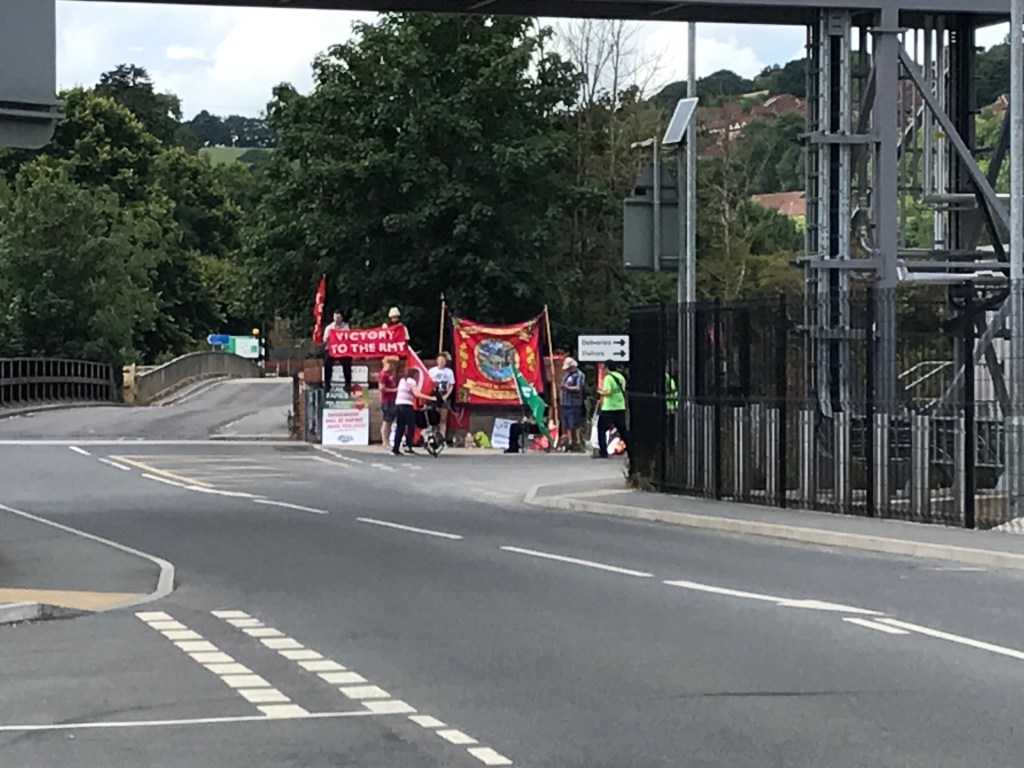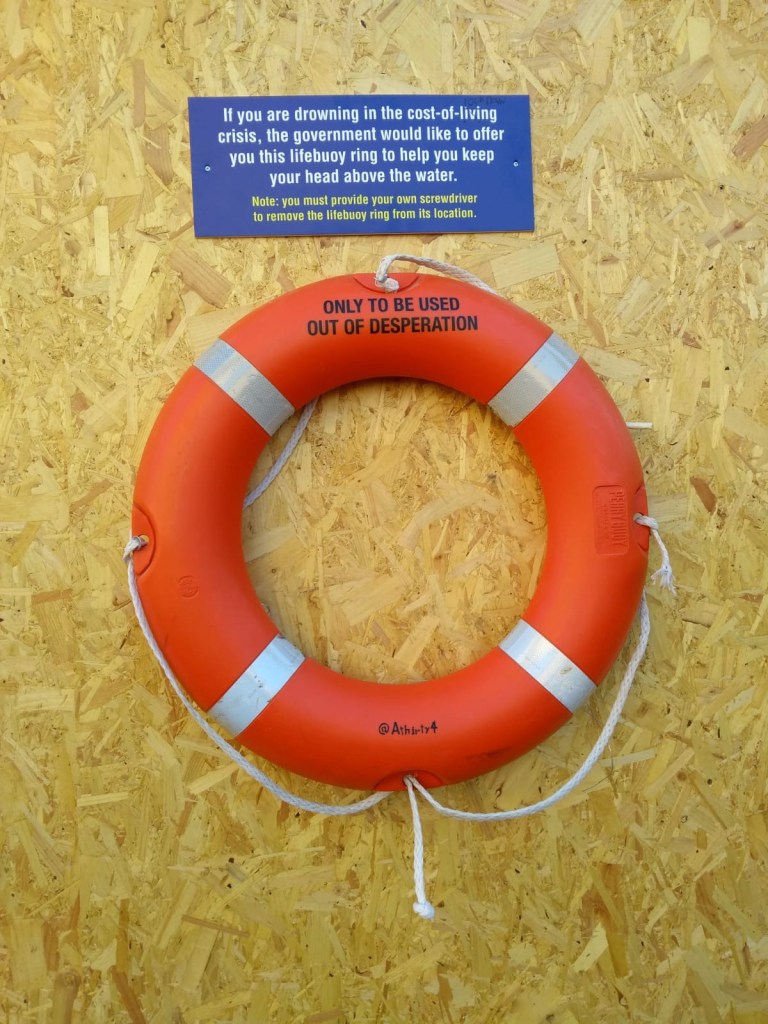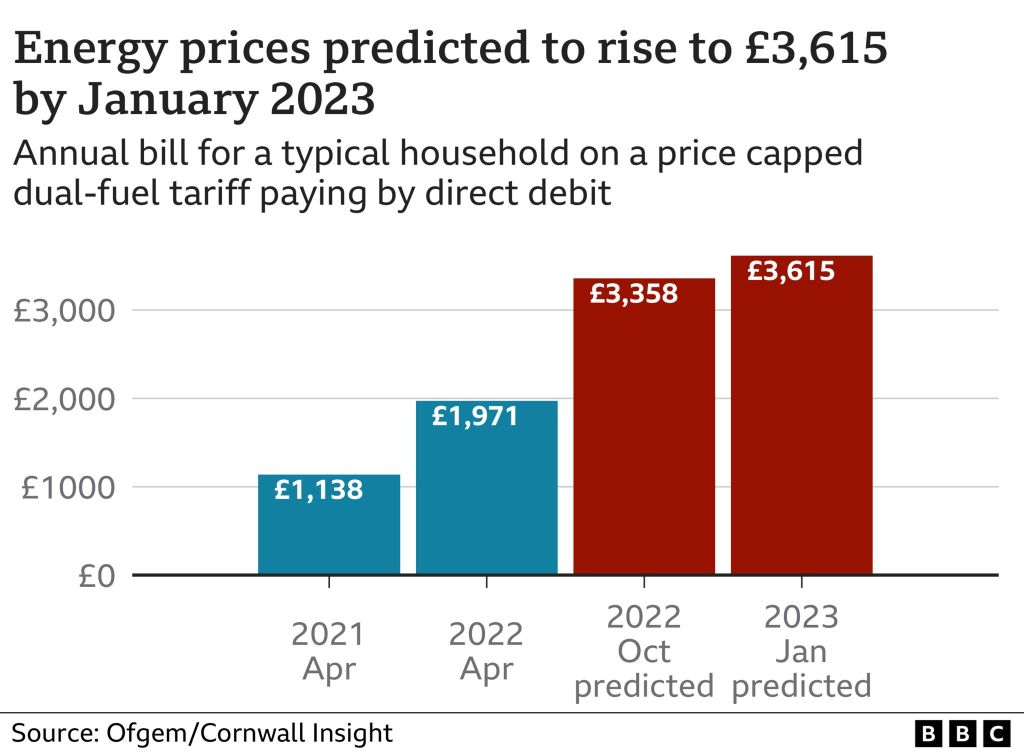Falling for Women is a collection of stories about men’s relationships with women – and women’s relationships with men, of course; but the narrators (there are 24 stories) always appear to be male. For reasons of time and space, I’ve referred in this review mainly to stories from the first section of Falling for Women, titled “Sentimental Journeys”. These stories all relate journeys into memories – many of these memories of physical journeys – that carry strong affective meaning for the narrators; and, I guess, for the author. They raise the question: How to read these multi-layered stories by an author who claims affinity with Lawrence Sterne? Each story features a different woman, and the author writes in the introduction that the women are centre-stage; but the way of telling brings the narrator to the reader’s consciousness.
The first story, Iemanjå, begins by describing a boy’s first days at school. The boy’s name Wallace – the author’s surname – suggests this is autobiographical, and simple joined phrases imply a childish view (“On the desk was an exercise book and a pencil and a little bag his mother had sewn together”). Wallace moves on to a girl-free boarding school, joins dance classes to meet girls, and is initiated into sex by a girl much older than him. At this point, the narrator becomes a social media commentator: “I expect you’ll all have read Wallace’s so-called autobiography by now, or at least the reviews.” And the reader is now positioned as a member of a knowing audience. These shifts of perspective occur throughout the stories. When the author gives his surname to the protagonist, we might feel we’re meeting the same character at various ages and stages of his life; but there are chronological gaps and uncertainties. Some of the stories an be read plausibly together as episodes in one life; others seem to be about someone else. The sixth story, Laura, is preceded by an Editor’s note that throws doubt on its provenance and author and queries why certain elements of the narrative remain unexplained.
Despite – or perhaps because of – these writerly manipulations, the stories are compelling. The protagonists are energetic, educated, usually young men with with a hunger for experience, often travellers in the Land of the Free. Sometimes the narrative stretches credibility even as fiction, as in Mitzi, where Wallace, a young Brit in Las Vegas, gives cardiopulmonary resuscitation to a stricken croupier, is picked up by a kind “crowd warmer” called Mitzi, and given a stage-side view of Tom Jones’ performance; then Elvis Presley joins Wallace in Tom Jones’ dressing-room. America is mythically a country where anything is possible, but Wallace feels after these events that the whole Las Vegas experience was unreal. What would remain real, however, was the smiling eyes and aching allure of Mitzi. The character and presence of Mitzi outshines Las Vegas. In later years, we are told, Wallace would come to understand innocence not as a condition that would always be lost, but as a compassion that could always be achieved. This trope occurs in some of the other stories, and feels like an insight into the mind of the author as well as the narrator.
So as the reader of these stories I try to enter the immanent mind of the author. What lies behind these heterogeneous narratives? The narrator usually refuses to comply with the reader’s desire for answers. He often says that he doesn’t know. The narrator is at pains to halt the reader’s suspension of disbelief in the veracity of the story, or even its internal consistency. The main subject about which he claims ignorance – an ignorance that, he claims, is shared by all men – is women. In The Black, the White and the Freckled, Wallace reflects on his strange romance with the Norwegian Astryd, and “the multiple layers of illusion it had begun to reveal”. After his time with her, he feels that “her sweet simplicity, her innocence, the smile that talked to him of love”, were unreal, “symptoms of an essential lack”. He tells the reader it was at this point he had the idea of writing about falling in love, or indeed about falling for women. We hear the author relating – in (semi-)fictional form? – the provenance of these stories. The ambiguity of ‘falling’ suggests not only romance but danger. Astryd had never been present to Wallace. Danger is associated with the female even in infant school. In the first story, Iemanjå, six year old Wallace bumps into a neighbouring girl’s desk, dislodging her spectacles; she scratches and spits at him and feigns injury when Wallace pushes her away. Wallace has to stand in the headmistress’s office at break time to “learn how to behave”. He learns, says the narrator, that girls could be trouble.
In Katharine and Jacqueline the boy protagonist isn’t given a name, but, like the young Wallace in Iemanja, he initially has little interest in girls; Richmal Crompton’s William is referenced in both stories. “At that time,” the male narrator overgeneralises, “boys lived in a boys’ world.” This world is vividly and poetically created. The boys lived and played outdoors all day every day, scampered, climbed, fell or fought; they roamed, “got lost in the woods, went scrumping for apples, trolleyed and roller-skated along the main roads”; at summer funfairs ”they roamed the diesel-noisy rides”. The experienced adult narrator reminds us that this was a wounded and exhausted post-war world, but the boy lived an “unencumbered and unreflective” life in a “fierce freedom”. Like other boys, we are told, he was “innocent” of the lives of girls – until Katharine, a girl from his class, invited him to a tea-party in the garden of her parents’ substantial house. Nothing in the boy’s short life had prepared him for the girls’ “presence and proximity”. Their smiles, smirks, squeals and giggles were utterly different, but he liked the gestures, the looks, the “small courtesies”. He had been seduced, but he had to get back for lunch with his mother and crashed his bike in his haste and speed. Despite this final boyish assertion, he found himself thinking about the girls’ world and what it all meant.
Donna, the ostensible subject of the story of that name, is also mysterious. The first-person narrator cannot recall how she, sleepy and uncannily passive, joined two British kids, him and his mate Steve, riding Chicago in Steve’s ’57 Chevy. The main action of the story relates Steve and the narrator’s getting tickets and going to see Ray Charles perform in the Regal Cinema on the southside. Although they hardly knew Donna, they didn’t want to leave her. “She was the emissary from the strange land of America.” There was no promise of closeness, but she “had a young girls’ mystery”. Still, they dropped her off, entered the auditorium early, and fell asleep; they awoke to the overwhelming presence of the all-black audience and Ray Charles. The narrator needed to urinate. Sheer desperation gave him, a young white, the strength to take his place at the trough and pee. After having experienced something that evening that few or none white boys of that time would have experienced, the boys never gave a thought to Donna. Yet now she hovers in the narrator’s – and, it seems fair to suggest, the author’s – mind as someone who “stood on the threshold of our age of the troubled self, restless, unfulfilled and incomplete”.
This story presents a paradoxical juxtaposition. The narrator relates a hugely memorable, powerfully masculine coming of age experience; yet it is a short, uneventful encounter with a young woman that he still ponders. Like Mitzi in Las Vegas, Donna outlasts the adventure in the narrator’s memory. In these stories, the satisfactions of the masculine world first experienced as a boy are insufficient; the presence of woman is still desired. But when Wallace decides to leave Astryd in The Black, the White and the Freckled, he finds compensation in dreams of the “thrill and the sweet diesel smells and the throbbing machinery” of his urban boyhood. These memories – similar to those evinced in Mitzi – appeared more real than the days he had spent with Astryd.
When Wallace meets Chantal in the final pages of The Black, the White and the Freckled, this paradox is, at least for the moment, resolved. With Chantal, Wallace is content: a soft, sexy and willing woman by his side, his bike back on the road, and money in his pocket. Wallace likes her directness and honesty. He loves Chantal’s body and regards her without ambivalence, making love considerately, taking care not to hurt, not to bruise. Such compassion is Falling for Women’s definition of innocence. Wallace had an inkling that “right now he was a happy man”: a statement that contains a worm of impermanence.
The story that presents most achingly a difficult prolonged relationship is Cheshire. Differences of viewpoint – conscious or unconscious – between the author and the narrator are present but hard to discern. Narrated in the first person by Wallace, this story relates, apparently autobiographically, the story of Wallace and Cheshire (his pet name for her smile). Meeting as students at different universities, they build a soundtrack to their lives. “Certain songs,” Wallace tells us, “like the Otis Redding version of ‘Try a little tenderness’ or Aretha Franklin’s ‘Natural Woman’ – all that was heartrending and romantic – can still stop my heart for a beat or two.” He is clearly a romantic. Here there is a crucial pause in the narrative as Wallace reflects on “the age-old failure of women and men to understand each other”. While admitting that stories of this failure suggest that “the heady emotions of falling in love can only multiply the misunderstandings, rather than resolve them”, he believes in moments of breakthrough, “when a man and a woman suddenly make sense to each other”. Does the story relate such moments of mutual comprehension, or does love remain illusory?
Cheshire too is a romantic: when the students return to their respective seats of learning, she sends Wallace a letter stuffed with rose petals. Wallace opens it in the porters’ lodge of his college and gets a “fondly old-fashioned look” from the porter as he “drifted dreamily into the quad, embarrassed but uncaring, a blithe spirit”. He buys an ancient Vespa scooter to make the four hour journey to visit her; she takes him up to her bed. The rendering of this first night of intimacy, which is not immediately sexual, and the moment in the morning when Cheshire pretends shock at his erection, lend the story a strong plausibility. Wallace tells us that he can still “hear” the question and capture this moment when he realised “what a lovely girl she was and how much I loved her, though I did not know it then in the way that I know it now”. The denouement, however, questions this assertion of love.
The following year Cheshire joins Wallace in his university lodging, and he feels, for the first time in his life, “the peace of being at home”. Their love seems perfect: to Wallace “her sexual allure had never ever been separate from her whole self; and our lovemaking let me know it was the same for her”. He tells us that he is trying to capture “the essential innocence of our feelings for each other”. Innocence implies unattained experience, and, in the next sentence, the narrator anticipates the end of the relationship: “I lost it oh so easily, with no sense of its worth, of its rarity, of fathomless well of longing its loss would bring.” But where in his mind is the other, the object of this “well of longing”?
What happens next is, to this reader, predictable: Wallace gains a studentship in the US and wants to move on. When the rose petals fall from Cheshire’s first letter, he feels disaffection. Her nostalgia holds him back. “I was here in America, and I had to make my way forward.” He stops writing to her, but the separation he needs wreathes him in guilt. He claims he cannot explain what he did or why, but, again to this reader, his desire to move on seems wholly explicable, as does his admission that the attachment did not end there: “I did not have the courage and self-reliance to leave it alone.” There follow many years of mutual returns and partings, a history for which he castigates himself. He credits Cheshire with the quality of innocence described in other stories – achieved through kindness, empathy and compassion – but sees himself as a natural backslider like “most of us”, who “rapidly return to the main business of pleasing and justifying ourselves”. Less self-punitively, he states he was “neither man enough to walk away and stay away, nor human enough to reach across the divide … and affirm my wish to be there for her”. He concludes, though that the relationship was never “all about me”. The moment of breakthrough early in the relationship was truly “all about us”. The narrative has implied, though, that this romantic togetherness was too illusory to be sustained.
The first person narration of a long relationship conveys the contradictions of the inner dialogue of lived experience. The self-deception of Wallace’s romantic nature is subtly presented. Or so it seems to me. Like any other reader, I’m finding something of my own narrative in these stories. Further reading of the subsequent sections might create a different impression of the overall enterprise. But these later stories too will repay reflective reading, demanding the reader – of whatever gender – attend to the subtle complications of men’s falling for women.






















